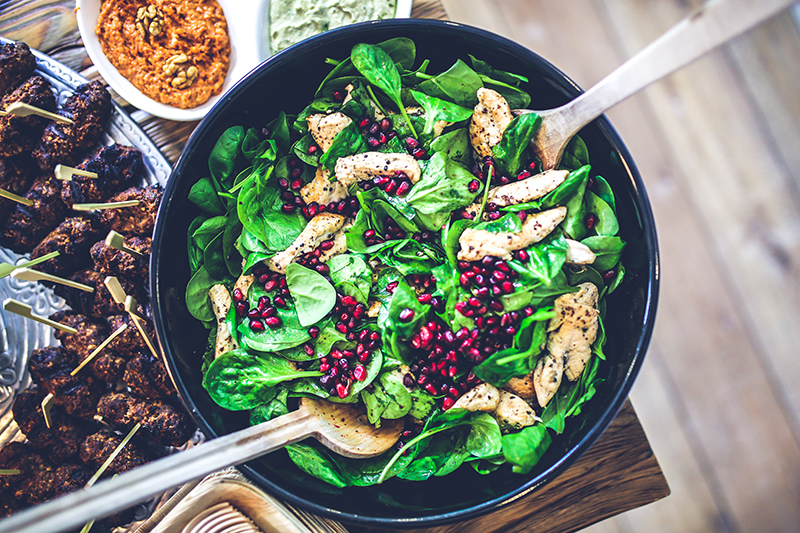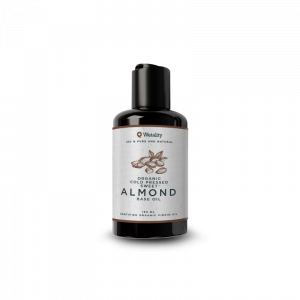
The combination of junk food and stress is damaging to your health. But when we’re under stress we are reaching after the sweets and chips, making things even worse.
The physiological relationship between the diet and the emotions is well established. But what to eat when we are under a lot of stress and how to keep ourselves from unhealthy fats and sugar?
Unhealthy food that contains sugar, trans fats, artificial colors, and additives can also cause mood swings, irritability, and other undesirable emotions.
On the other hand, there are nutrients that can help us cope with stress. Research from the University of Otago found eating more fruit and vegetables may make young people calmer, happier and more energetic. They found that young people should consume seven to eight servings of fruit or vegetables per day to notice a meaningful positive change (one serving would be approximately the size that could fit in your palm or half a cup.) There are nutrients that are scientifically proven to ease anxiety. Certain vitamins, minerals, and nutrients can bring your blood pressure and stress levels down.
These are some of the nutrients that are beneficial when it comes to stress-relieving:
Green Leafy Vegetables
Dark leafy greens like spinach are rich in folate, which helps your body to produce mood-regulating neurotransmitters, including serotonin and dopamine. Also, dark leafy greens are abundant in B vitamins.
B vitamins can help with stress by working with brain chemistry and balancing neurotransmitters, thus aiding us in achieving balance over stress. They can also help the body to manufacture neurotransmitters, such as serotonin, which helps the body’s ability to cope with depression, stress, and anxiety. You can get the most of the B vitamins from cheese, pork, beef, eggs, liver, chicken, whole grains…
Omega 3s
Omega-3 essential fatty acids can help in fighting anxiety. Furthermore, low levels of these fatty acids have been linked to depression. They’re also key to optimum brain and heart health. Good sources of Omega-3s are supplements that are made from algae, krill, and toxin-free fish (salmon, sardines, anchovies). Walnuts and chia seeds are also great sources of Omega-3 fatty acids. Research has proven that omega-3 fats were effective in inhibiting initial symptoms of depression without the side effects. Another study recorded a 20 percent decrease in anxiety among medical students who took omega-3s.
Magnesium
This anti-stress mineral helps relax tight muscles and helps relieve tension in the body. Good sources of Magnesium are spinach, black beans, halibut, pumpkin seeds, oat bran, almonds, cashews, and tomato.
L-Tryptophan
As an amino acid, L-tryptophan comes from protein-containing food. Your body uses it to build the new proteins it needs. Beyond this one, tryptophan has other roles. After it enters your brain, it’s converted into the neurotransmitter serotonin. Serotonin is considered a natural mood stabilizer. It’s the chemical that helps with sleeping, eating, and digesting. Serotonin also helps: reduce depression, regulate anxiety, heal wounds, stimulate nausea, and maintain bone health.
Turkey, pumpkin seeds, nuts, free-range organic eggs, yogurt, fish, chicken, cheese, and lentils are rich sources of tryptophan.







